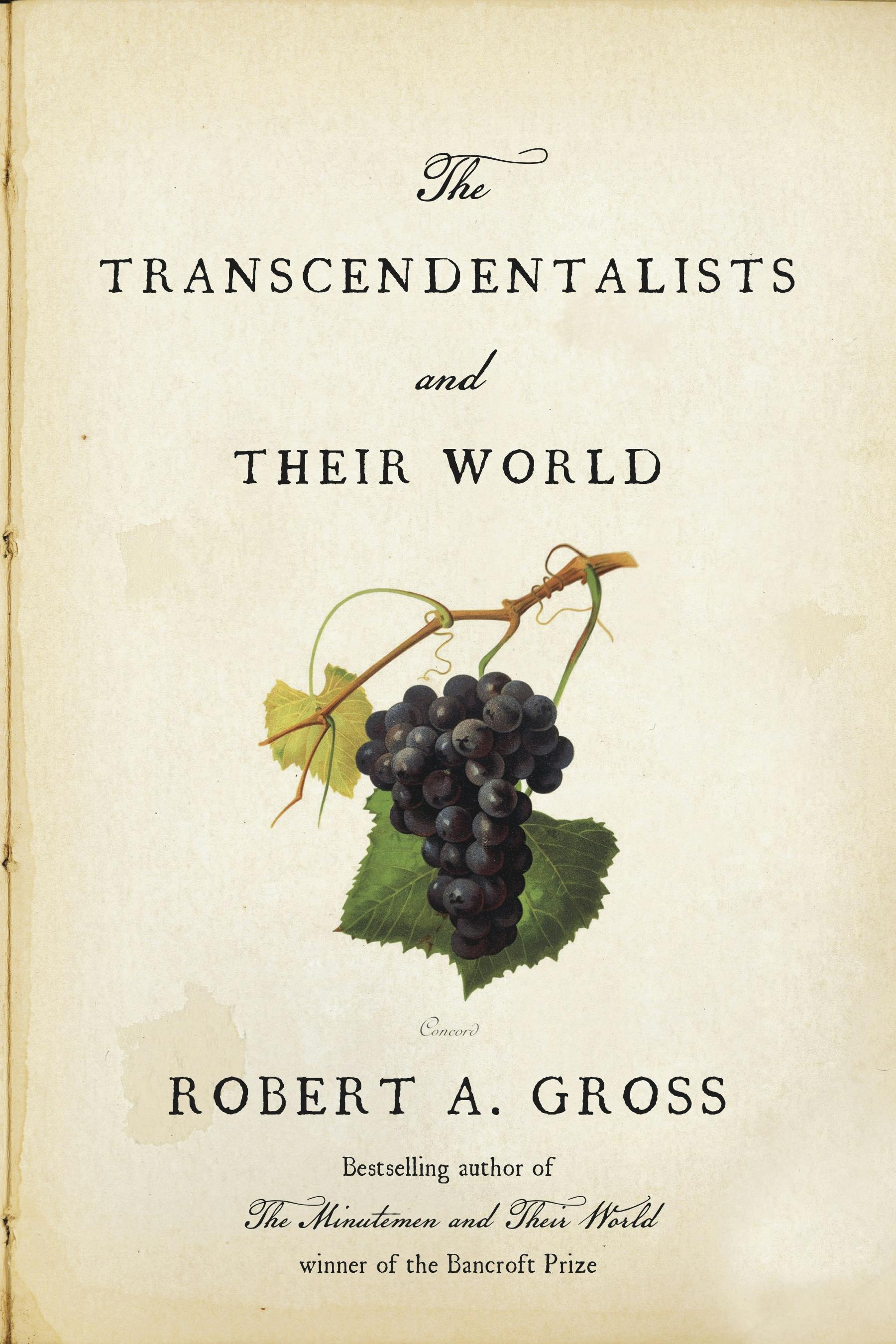Emerson may not have landed with all the youth of Concord, but he did with Thoreau. Emerson, 14 years older than Thoreau, called the younger man “my protestor,” welcomed him into the Transcendental Club—whose members included Margaret Fuller, Bronson Alcott, and Theodore Parker, and which met at Emerson’s home—and encouraged Thoreau to submit work to The Dial, in the magazine’s short-lived Transcendentalist forum. Emerson saw in Thoreau—in his antisociality and disobedience—a living example of his ideals of self-reliance. The year after his 1841 essay “Self Reliance” was published, Emerson wrote to Margaret Fuller: “I am sorry that you, & the world after you, do not like my brave Henry any better … I admire this perennial threatening attitude, just as we like to go under an overhanging precipice.” Thoreau found in Emerson a type of solid, soothing presence that enabled his prickly oppositional reflex.
Their creative and emotional dependence on each other, Gross argues, was ironic, given both men’s “fierce insistence upon independence and self-reliance.” A similar kind of ironic discord, however, echoed across the town in this era for anyone attuned to the peculiarly American wavelength of wishful thinking, and to how very much the Transcendentalists engaged in it. By some accounts (notably Emerson’s own), the Transcendentalists’ inspiring principles of individual freedom and progress were sweeping away the webs of the past. Yet, the past continued to haunt Concord and its residents, unwilling as they were to face the cracked foundation of the American experiment they were eagerly pushing forward as Emersonian “fanatics in freedom.”
Half a century after the American Revolution, Concord was still shrouded in this event’s overdetermined expression of “freedom.” For Concordians, freedom was something they had won in battle and aimed to defend, rather than a partially and unequally realized promise. While Concordians were hemming and hawing over an event to commemorate the heroism of the Revolutionary War, nearby Bostonian David Walker was composing and figuring out how to secretly distribute his insurgent 1829 pamphlet David Walker’s Appeal to the Colored Citizens of the World, which powerfully exposed the racist hypocrisies baked into the U.S. experiment by close reading and repurposing its founding documents. Likewise, indigenous dispossession was ongoing in the region and time under study. In 1835, William Apess, a Pequot minister and writer, published Indian Nullification, an account of the 1833 Mashpee revolt against white settlers in Cape Cod.

